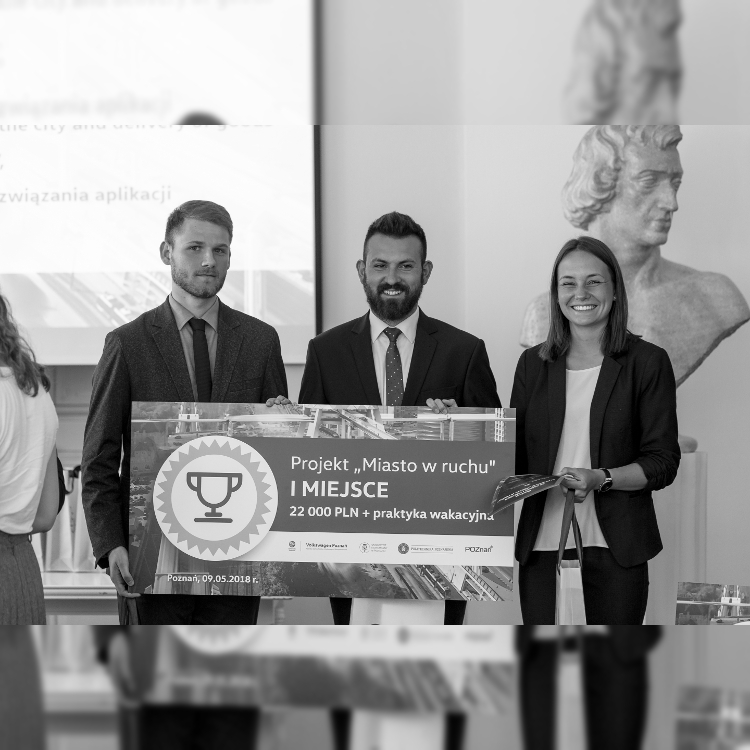
Cezary Brudka, Klaudia Chomiak i Adam Rozynkowski
The winners of the “City in motion” project – a joint initiative gathering the world of science, business and local government around the theme of the future of Poznań and urban logistics. Their project was especially concentrated on duality of transport challenges in the future, and to frequently competing, transportation of people and loads. The team presented a very interesting and attractive vision of the future development of Poznań while providing concrete proposals for solutions.
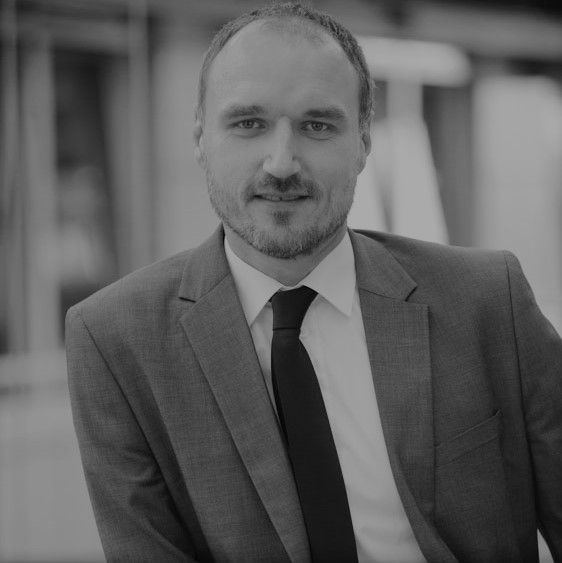
Marcin Foltyński
Employee of the Institute of Logistics and Warehousing, lecturer at the College of Logistics, member of the Polish Logistics Association. Graduate of Master’s studies at the Faculty of Management and doctoral studies at the Faculty of International Business and Economics at the Poznań University of Economics. Currently he is preparing his dissertation on information management for the purposes of shaping the movement of goods in cities. He specializes in the urban freight logistics, the assessment and rebuilding of urban transport systems and information management in the movement of goods.
ABSTRACT:
“Programming” or “coding” – development of the young generation’s competences.
New technologies and the Internet have become an integral part of the contemporary world and their development has a clear influence on us. Today, the natural environment of the Homo sapiens is the digitally enriched reality. The labour market rapidly changes, and the success is not so much dependent on the acquired and certified knowledge, as it is on the skill of efficient mobility in a world of excess of information, the abiity to think critically, and the most important value – creativity.
In a world of devices communicating with themselves, an expanded reality and developing artificial intelligence, the humans face a new challenge. Besides knowing one’s native language and a foreign one (in an increasingly mobile world), it is becoming a requirement to know the code of the communicating applications and devices. Coding and programming – third language of the world, is nowadays conquering not only the area of education. It offers a unique possibility of creating the reality, releases the energy of young people, stimulates a non-standard way of thinking. The young generation (digital natives) does not know any other world and there will simply be no other world. Acknowledging this truth we should think how to exploit this civilizational opportunity for a better start and better future, not only for the youngest.
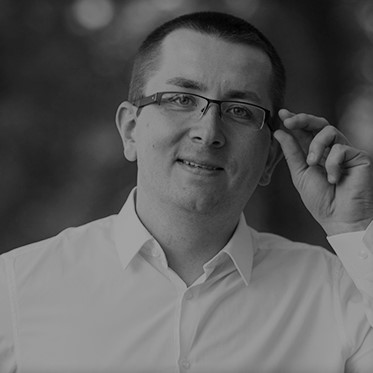
Michał Gawryluk
Head of the Department of the KEP Service development, at Poczta Polska, Manager of the team responsible for the development of the KEP products for individual and business clients. Graduate of i.a. the Białystok University of Technology and the Warsaw School of Economics. He has over 14 years of experience in the field of parcel logistics, including 6 years of experience in creating KEP products. He designed and implemented solutions associated with the development of courier services, the option of parcel insurance, mobile application and services dedicated to the eCommerce sector. Moreover, he participates in the development of individual processes and conditions for the cooperation with key partners of Poczta Polska.
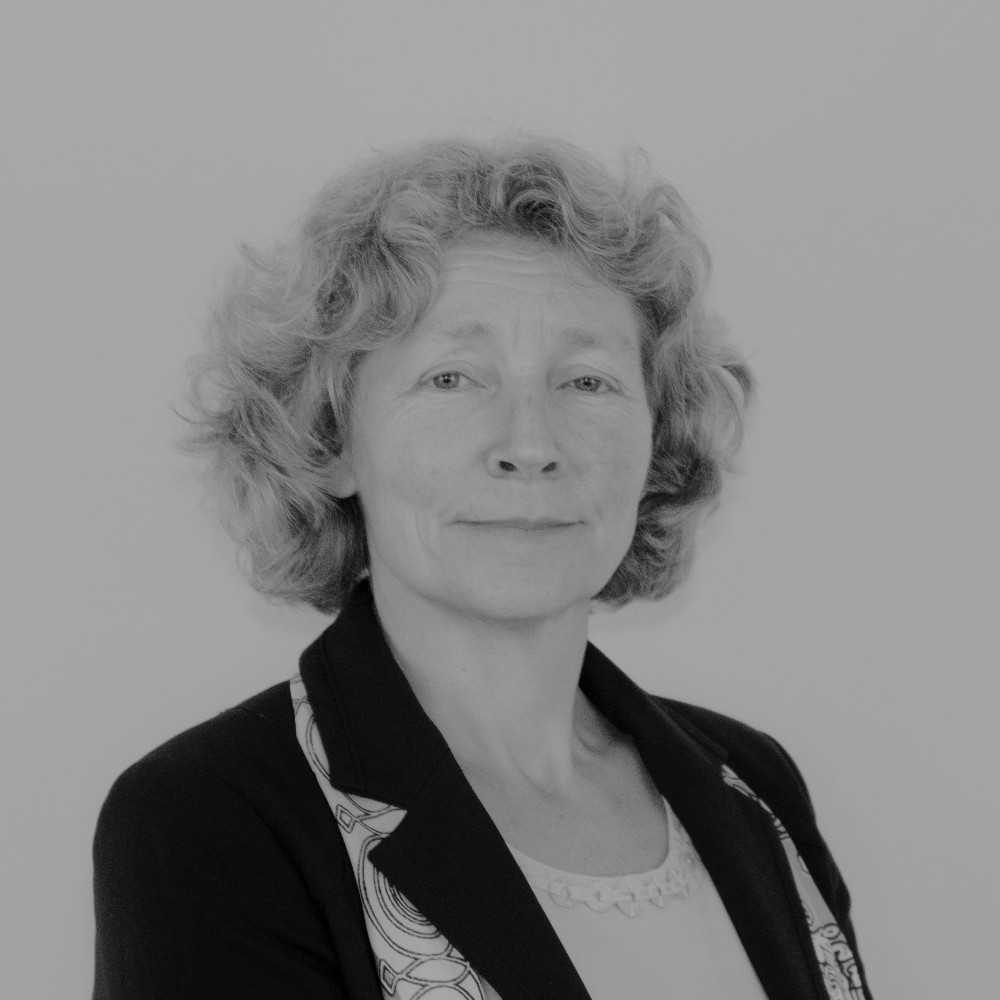
Birgit Hendriks
In 2008 Birgit Hendriks was co creator of the NGO Eco2city. Eco2city aims at reducing freight traffic in cities by inventing ánd implementing new concepts and by creating a neutral European group of collaborating Smart City Freight hubs. Eco2city works on this development in several national and European cities, mainly coaching local teams to start up the hub. Birgit developed the Dutch Binnenstadservice, the concept of the Freight Circle (neighborhood distribution combined with urban mining), the concept of the Smart City Freight Hubs and the ‘Triple X – Triple P’ vision on optimizing city logistics.
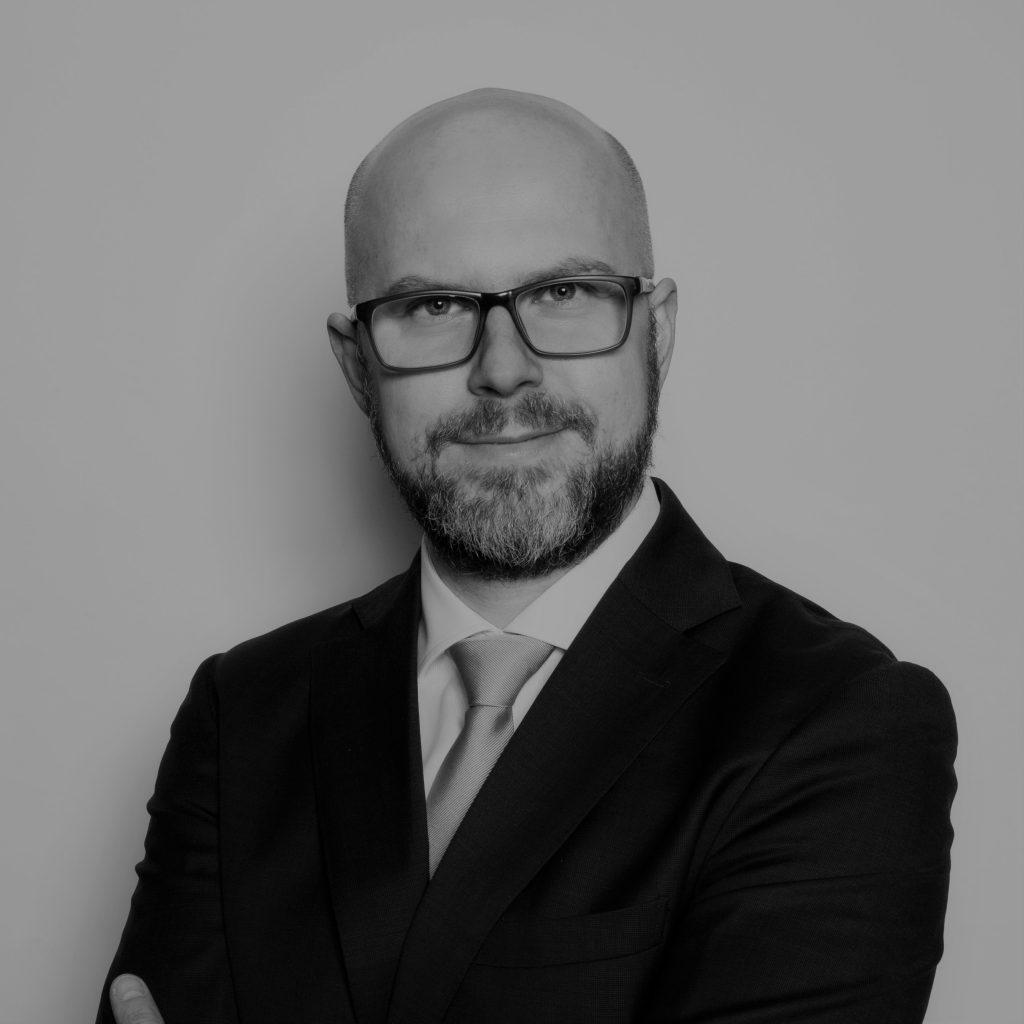
Hubert Igliński
Adjunct at the Department of Logistics of the University of Economics and Business in Poznań, lecturer at first and second degree of studies, as well as postgraduate and MBA studies. Author and co-author of over 70 scientific and popularizing publications, active in local and nationwide media. He carried out numerous economic expertises, including for Volkswagen Poznań and for local governments, including for the City of Poznań. Specializes in low-emission transport, municipal logistics and transport autonomation.
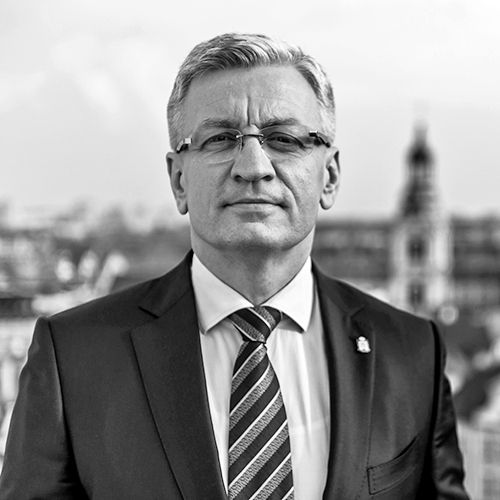
Jacek Jaśkowiak
Since 2014 the Mayor of the City of Poznan. Social activist, sports activist, former entrepreneur. He graduated from the Faculty of Law of the Adam Mickiewicz University in Poznan, holds a postgraduate diploma in accounting, finances and taxes. A GFPS scholarship recipient at the Bielefeld University in Germany. In city management, he puts a great emphasis on the implementation of assumptions of the sustainable transport, improvement of investment processes, accessible culture, housing and senior-resident policy, and the revitalisation of the city centre.
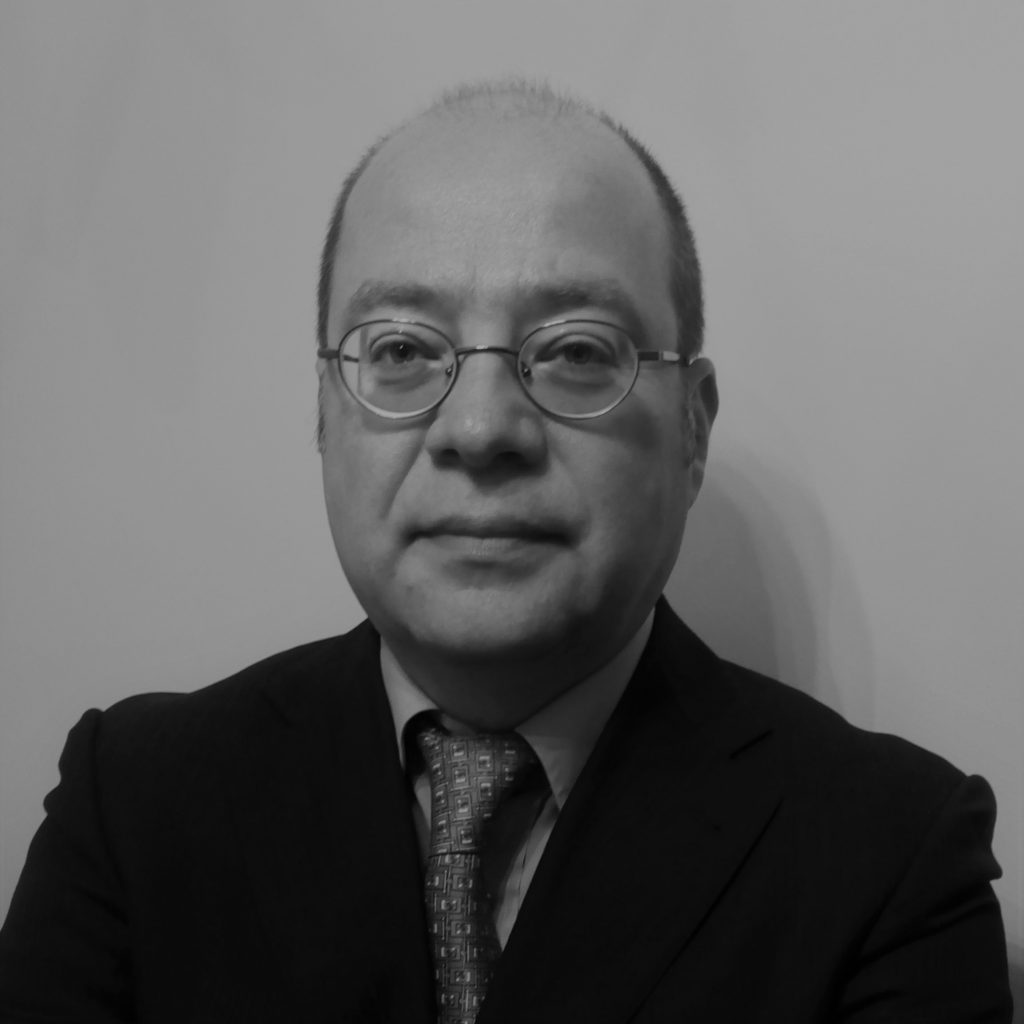
Juan Echevarria
PhD in Telecommunication Engineering, MSc. in Telecommunication Engineering (Microelectronics) from the University of Cantabria. He has been involved in several R&D projects in the public sector related to optical fiber sensors and he has also experience of more than 15 years working at private companies. He has developed and managed transportation, software, GIS, electronics and telecommunications projects at a consultant company and also electronic projects at an electronics technology company. He has been working on IP commercialization and negotiation at CSIC, the largest Spanish public R&D entity. He joined Santander City Council in 2015 as innovation projects technician becoming later technical innovation manager. He is also part-time lecturer at University of Cantabria on digital design and automation.

Maciej Kautz
Radio and TV presenter, compere and producer. Associated with Polish Radio and television in Poznań. Initiator and author of numerous programs, including English-language talk-show ‘International Poznan’ and legal series ‘Rozprawa’. He carried out interviews with e.g. Jan Kulczyk, Jerzy Stuhr and Jan A.P. Kaczmarek.. He studied at the Appalachian State University in North Carolina and the University of Antwerp. He completed the legal adviser application and in March 2018 he passed the vocational examination.
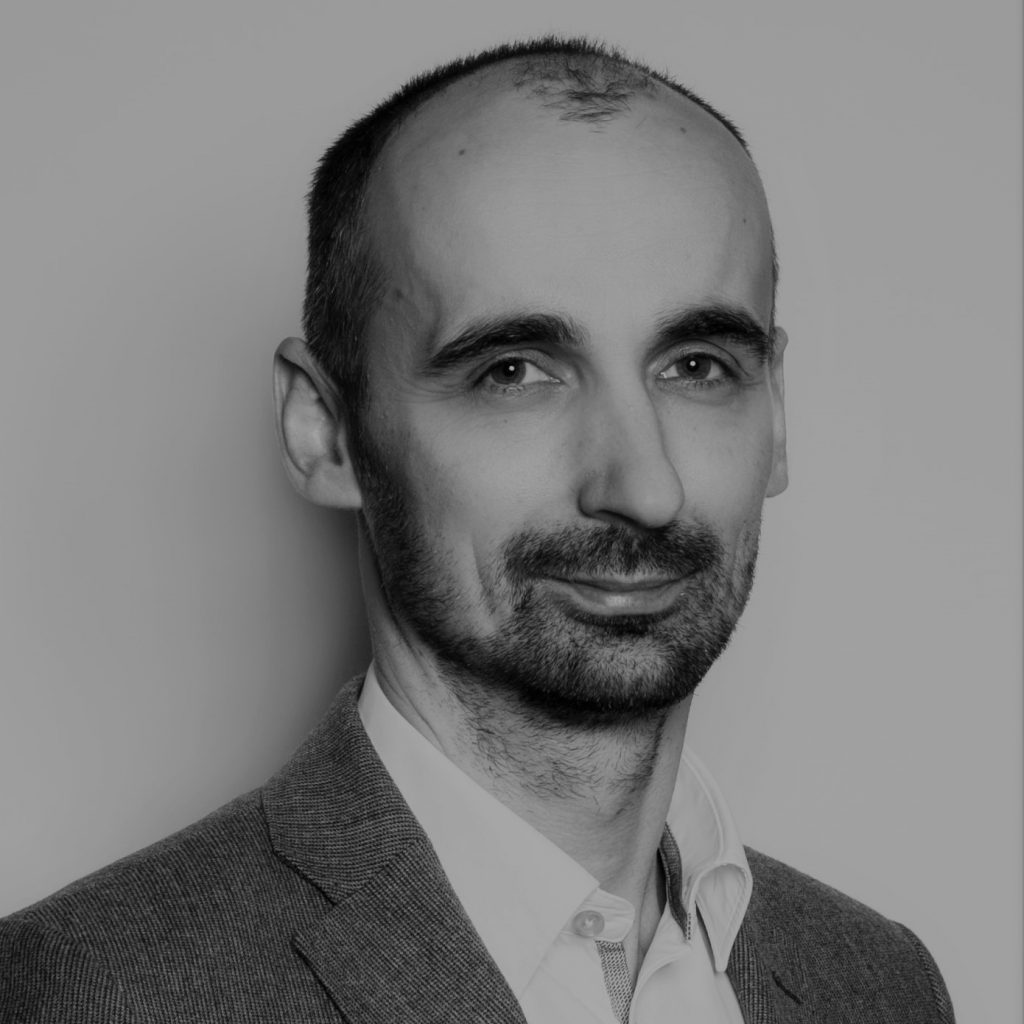
Arkadiusz Kawa
Dr. habil. Associate professor at the Poznań University of Economics and Business, employee of the Department of Logistics and Transport at the Poznań University of Economics and Business. Author of many popular and scientific publications. He implemented numerous projects end expertises for such organisations as: GS1, Merlin.pl, Poczta Polska, Volkswagen Poznań, Pepco, NaviExpert. Member of the Working Group for National Smart Specialisation at the Ministry of Development (environment-friendly transport solutions – TRANS) and a member of the Wielkopolska Smart Specialisation Forum at the Marshal Office of Wielkopolska Region (Working Group – specialized logistic processes). Scientific expert at the National Centre for Research and Development (NCBR).
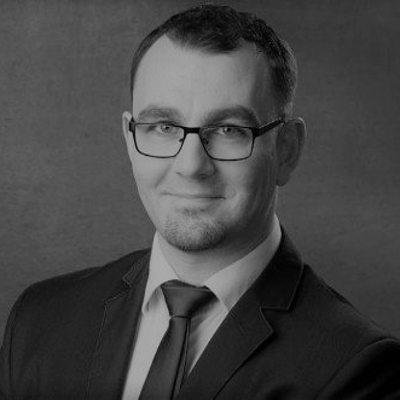
Emil Konrad
Enterpreuner and father of two great daughters. Experienced Manager skilled in Sales Management and Business Strategy. Strong product management professional with a Master’s Degree focused in Business, Management, Marketing, and Related Support Services. Till 2015 co-founder of Papukurier sp. z o.o.
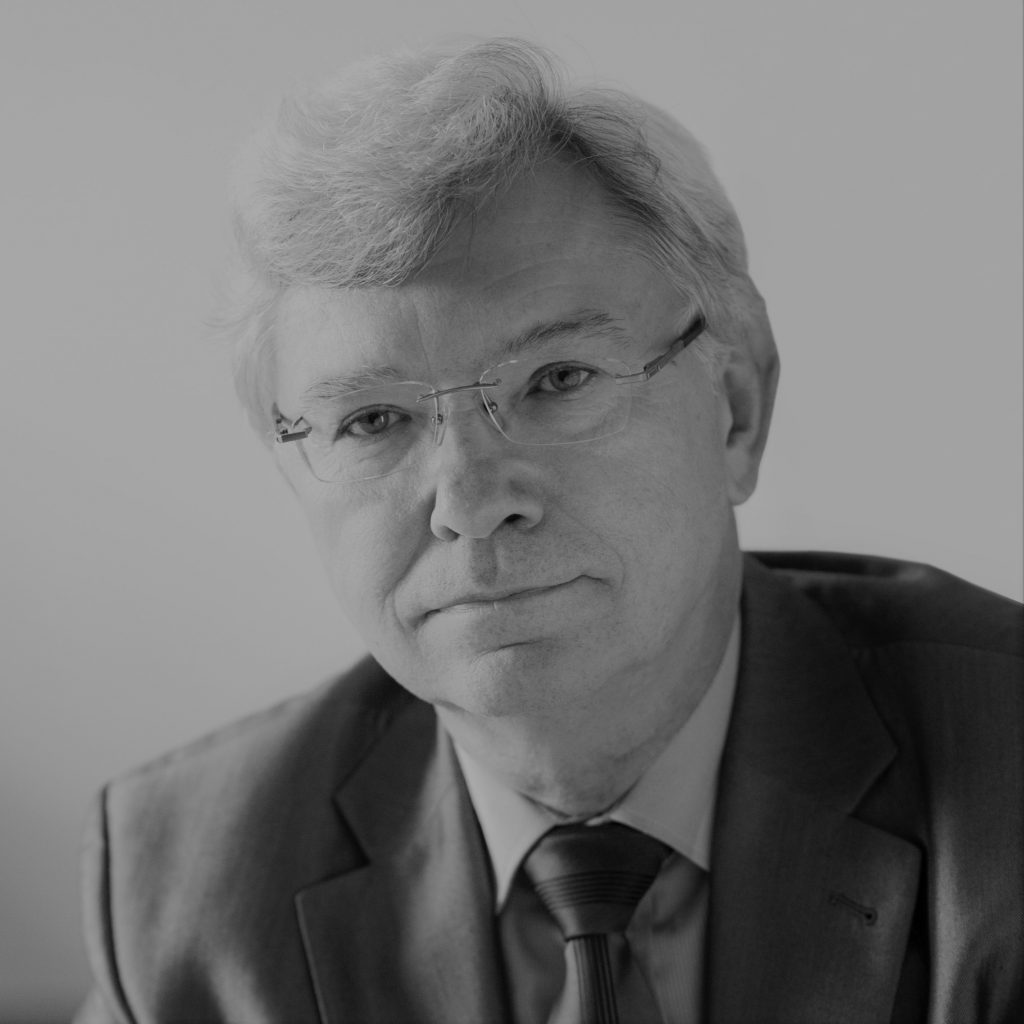
Jacek Goc
Associate Professor Jacek Goc, Ph.D, since 2012, the Vice-President for Education at the Poznań University of Technology. He is a graduate of the Faculty of Physics at the Adam Mickiewicz University. He completed a scientific internship at NAIR in Japan and MSU in the USA. He carries out scientific research in the specialty of Molecular Bioelectronics. He published over 90 scientific articles. Thanks to close cooperation with large companies from Wielkopolska, he has led to the creation of the innovative form of Dual Studies on three faculties. He participated in the process of launching five new technical faculties and introduced the Project Education System. He is an active member of over 20 committees as well as scientific and social organizations.
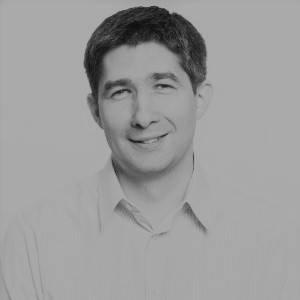
Jakub Kaczmarski
Engineering Director in Allegro.pl, responsible for Logistics and Delivery Area on Allegro platform, including ERP (Microsoft DAX) system and Finance Product Area – in Allegro.pl since 2013 – working with over 100 engineers in Poznan and Warsaw. Former Java Developer and Certified Oracle Database Administrator. Previously Head of Software Development in Gazeta.pl (Agora). Privately big fan of basketball.
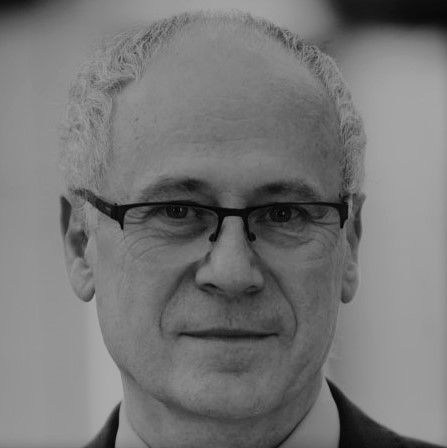
Stanisław Krzyżaniak
Dr Stanisław Krzyżaniak. Deputy Director for Research at the Institute of Logistics and Warehousing in Poznan, responsible for scientific & research developments. Currently, temporarily, as acting director of the Institute. He also works as an academic teacher at the Poznan School for Logistics. Author and co-author of ca. 50 papers in the field of logistics, mainly inventory management. Dr Krzyżaniak is a Board Member of the Polish Logistics Association and of the European Certification Board for Logistics. He was an organiser of the Polish system for certification of logisticians.

Filip Kot
Entrepreneur, who switched from thinking about solving problems to real measures by establishing PickPack – the courier company which meets the expectations of customers of the 21st century. Graduate of the Warsaw School of Economics, since the very beginning he has developed his passion for the automation of processes and implementation of artificial intelligence.
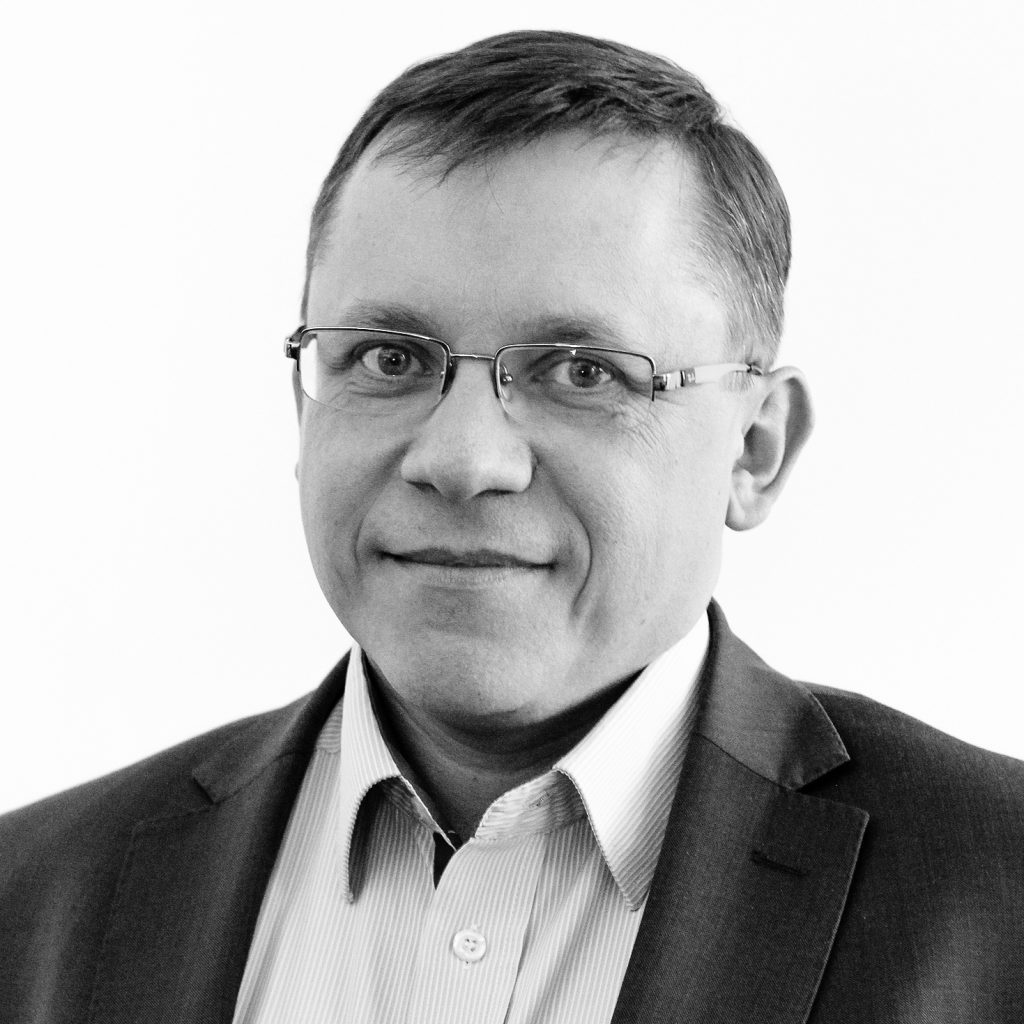
Cezary Mazurek
Deputy Representative for Technology of the Director of the Institute of Bioorganic Chemistry of the Polish Academy of Sciences for the Poznan Supercomputing and Networking Centre. For over 20 years involved in the construction of the IT scientific infrastructure in Poland and the development of services for the information society. The major implementation he managed were: the Multimedia City Guide of Poznan, the dLibra system of digital libraries, the NABÓR recruitment system, and the scientific television PLATON TV. Deputy Chairperson of the Board of the DARIAH-PL Consortium. Author of over 100 publications.
ABSTRACT:The development of an inteligent city using the Citizen Science approach.
The development of modern cities is recently strongly dependent on the potential of the advanced technologies they possess, especially on ICT – Information and Communication technologies. They have recently been the key factor for the development of many aspects of life, among others science, health, education, industry and economy. These technologies have simultaneously penetrated the everyday life of the society, assimilating in numerous areas of activity of the human and mutual communication. The pervasive Internet, together with the dynamically developing technologies, for example the Internet of Things, 5G networks, cloud computing, Big Data, Machine Learning and Artificial Intelligence, Advanced Visualisation, allows for the construction of intelligent spaces in which the real world combines with the virtual one creating a specific ecosystem of the digital society.
The presentation includes a description of the significance of these technologies for the construction of one of these spaces – the Smart City. In the opinion of the authors, the main condition for a successful implementation of these solutions will be the involvement of the society (residents), which can be reflected in the following forms: participation in the development of modern technologies and their usage in the so-called Living Labs, the creation and testing of prototypes of new applications, the creation of virtual communities of innovators of the digital society, use of digital resources to shape historical awareness, crowdsourcing, crowdfunding and so on.
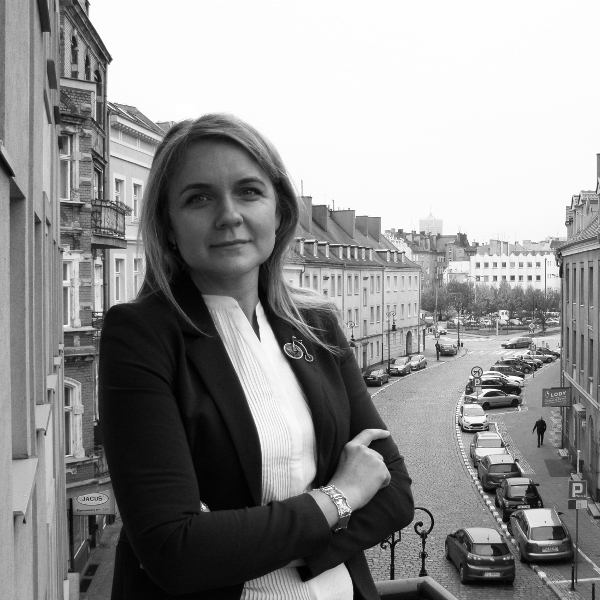
Sylwia Mikołajczak
Sylwia Mikołajczak professional experience of sixteen years focuses on topics related to the functioning of cites, local and regional governments. Backed by international experience, specific areas of interest and professional practice include spatial planning, urban management, local cooperation, strategic and economic development. For over twelve years she has been working with Dutch partners in projects in the field of integrated development and water management. She participates in the implementation of Dutch government programs and actively cooperates with The Embassy of The Kingdom of the Netherlands in Poland. Recently involved in projects in Lithuania.
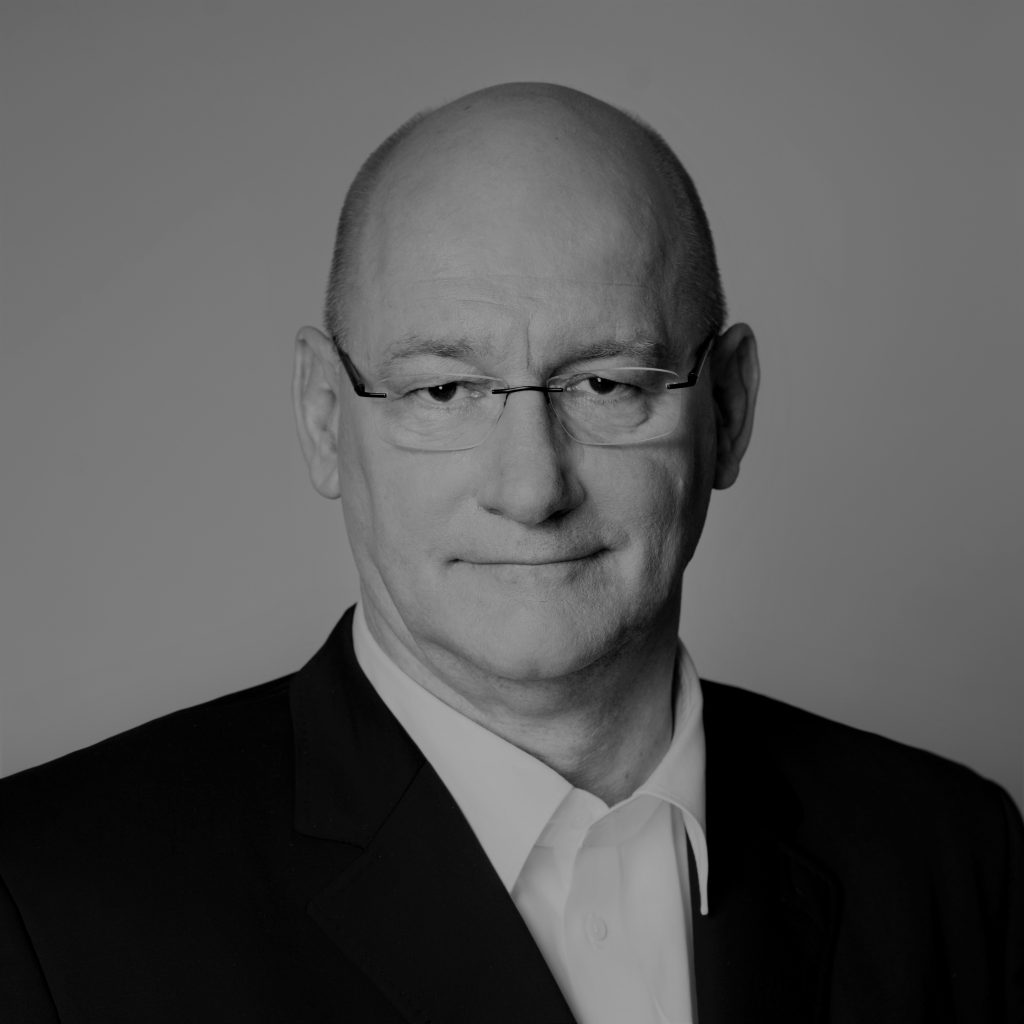
Jens Ocksen
Member of the Management Board of Volkswagen Commercial Vehicles, CEO of Volkswagen Poznań, for 30 years associated with the VW concern. In 2012-2014 member of the Management Board of Volkswagen Commercial Vehicles for Production and Logistics. Graduate of Higher Vocational School in Hanover at the faculty of Production Technology. He gained his professional experience i.a. working on the manufacturing of the T4 Transporter in Hanover as well as numerous projects and foreign contracts e.g. in Taipei.
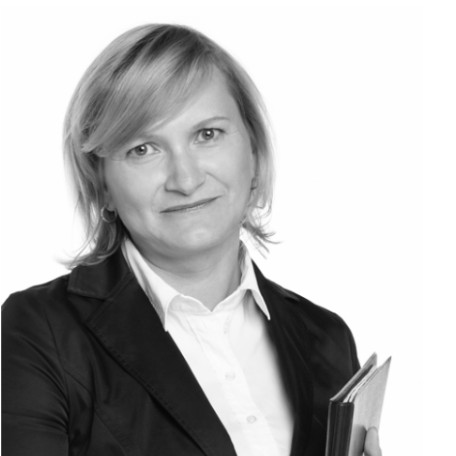
Aneta Ogrodniczek
Graduate of Economics at the Szczecin University of Technology and Management at the University of Economics in Poznań. She specialises in the development and implementation of company development strategies and restructuring. She has experience supported by success e.g. in company development from a vision to the expansion, conducting complex IT projects aimed at company management, development of sales structures, internal audit and reorganisation. She is the co-founder of and CEO of Easyshare, the company, which has been implementing the project of pay-per-minute urban car rental.
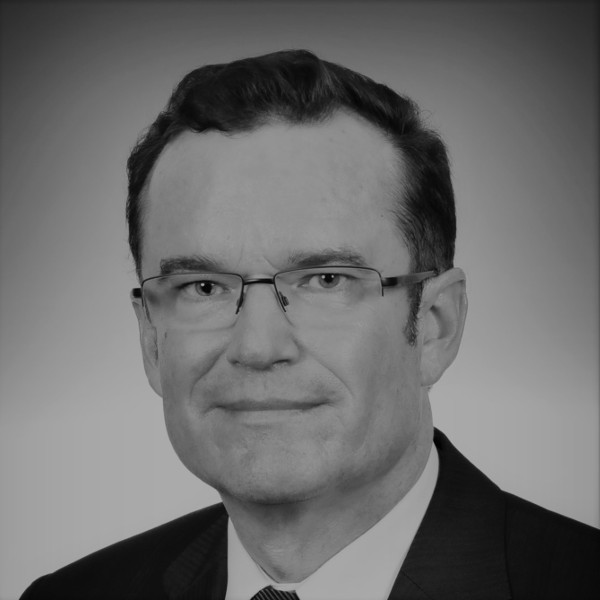
Rüdiger Prang
Since 2017 Project Head for Volkswagen Nutzfahrzeuge in the project initiative “Urban Logistics Hannover” and responsible for the evaluation of new transport solutions within urban areas.
Started in 1992 in Volkswagen AG Group Research and continued his work within the company in numerous departments and responsibilities, i.a. passenger safety systems at VW, electrics/electronics at Škoda Auto and commercial vehicles concepts at VW Nutzfahrzeuge.
Holds an electrical engineering degree Dipl.-Ing. from Technische Universität Braunschweig.
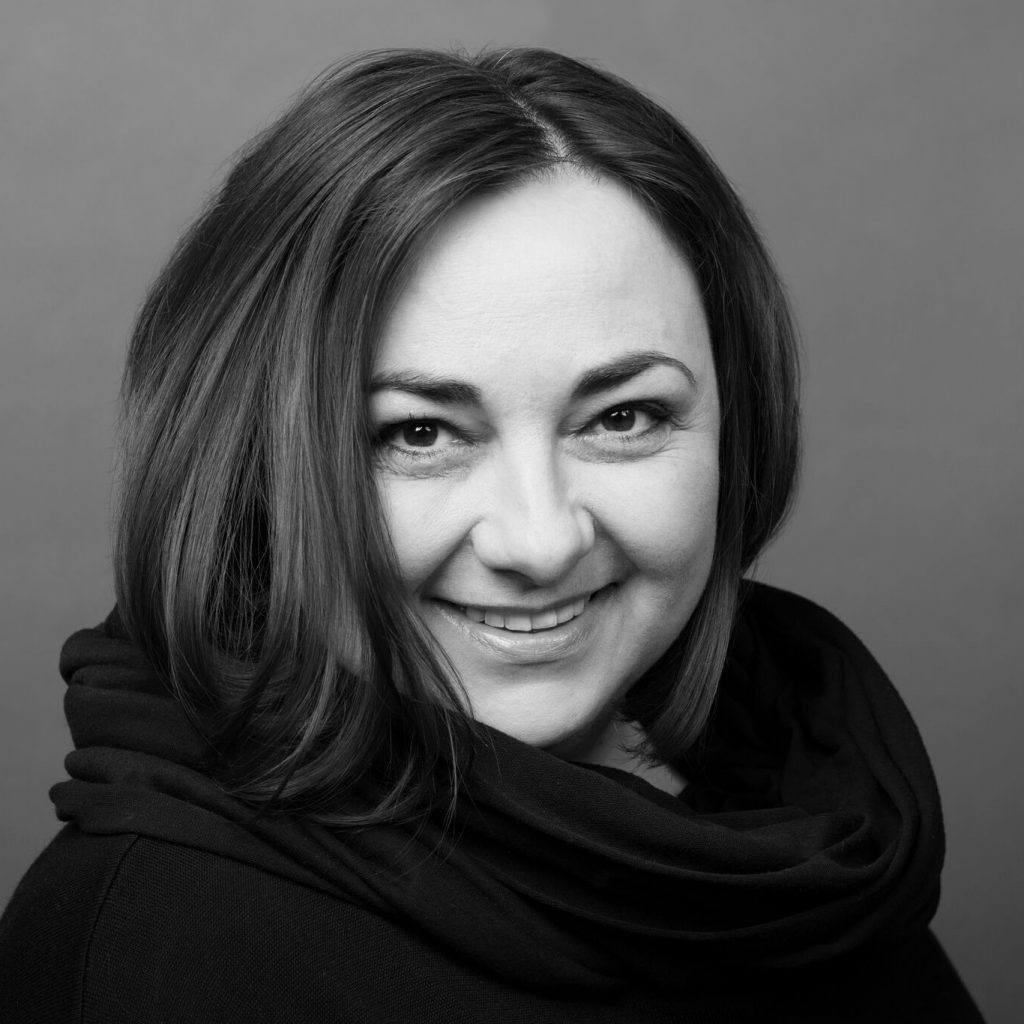
Zuzanna Skalska
Born in Poland, for 26 she years has been living in the Netherlands. She has 20 years of professional experience e.g. in Philips Design and VanBerlo design studio. Since 2007 she has been the owner of ‘360Inspiration’, brand specializing in trend analysis in the field of widely understood innovations, design and business development. Since 2003 member of Dutch Design Week in Eindhoven. Lecturer at the Eindhoven University of Technology and Parsons School of Design in New York. Co-founder of School of Form (SOF) in Poznań.
ABSTRACT:
The liquid modernity is the diagnosis of our times according to Zygmunt Bauman, one of the most outstanding Polish sociologists. It is a world overfilled with uncertainty in which the horizon of existence of any institution is shortening, and the dogmas are binding only until they are revoked. Management and sociology are sciences so closely related that only a whim of history is responsible for their separation. They both try to understand the behavior of humans as social beings, and they both try to find ways for dealing with the problems of our daily life, even if they use a slightly different language in this respect. In this presentation, basing it on the sociological achievements of Zygmunt Bauman and the studies of management sciences, I will try to answer the question of how to build solid and balanced organisational structures in times of uncertainty and what could replace the inefficient traditional models of organisation management.
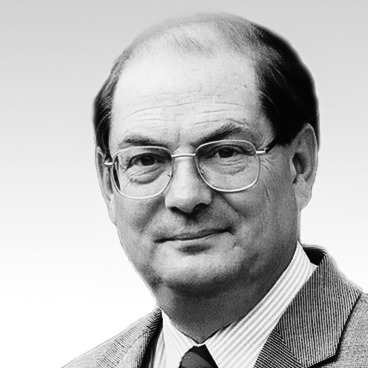
Maciej Stroiński
Deputy Representative of the Director of the Institute of Bioorganic Chemistry of the Polish Academy of Sciences for the Poznan Supercomputing and Networking Centre. Deputy Chairperson of the PIONIER consortium and the Wielkopolska Teleinformation Cluster. Founding member of the Polish Information Processing Society. Co-author of the Poznan Supercomputing and Networking Centre. Initiator of the emergence of the Polish broadband scientific PIONIER network. Participant in many national and European projects. Author of over 200 publications in books, magazines, and during conferences.
ABSTRACT:The development of an inteligent city using the Citizen Science approach.
The development of modern cities is recently strongly dependent on the potential of the advanced technologies they possess, especially on ICT – Information and Communication technologies. They have recently been the key factor for the development of many aspects of life, among others science, health, education, industry and economy. These technologies have simultaneously penetrated the everyday life of the society, assimilating in numerous areas of activity of the human and mutual communication. The pervasive Internet, together with the dynamically developing technologies, for example the Internet of Things, 5G networks, cloud computing, Big Data, Machine Learning and Artificial Intelligence, Advanced Visualisation, allows for the construction of intelligent spaces in which the real world combines with the virtual one creating a specific ecosystem of the digital society.
The presentation includes a description of the significance of these technologies for the construction of one of these spaces – the Smart City. In the opinion of the authors, the main condition for a successful implementation of these solutions will be the involvement of the society (residents), which can be reflected in the following forms: participation in the development of modern technologies and their usage in the so-called Living Labs, the creation and testing of prototypes of new applications, the creation of virtual communities of innovators of the digital society, use of digital resources to shape historical awareness, crowdsourcing, crowdfunding and so on.
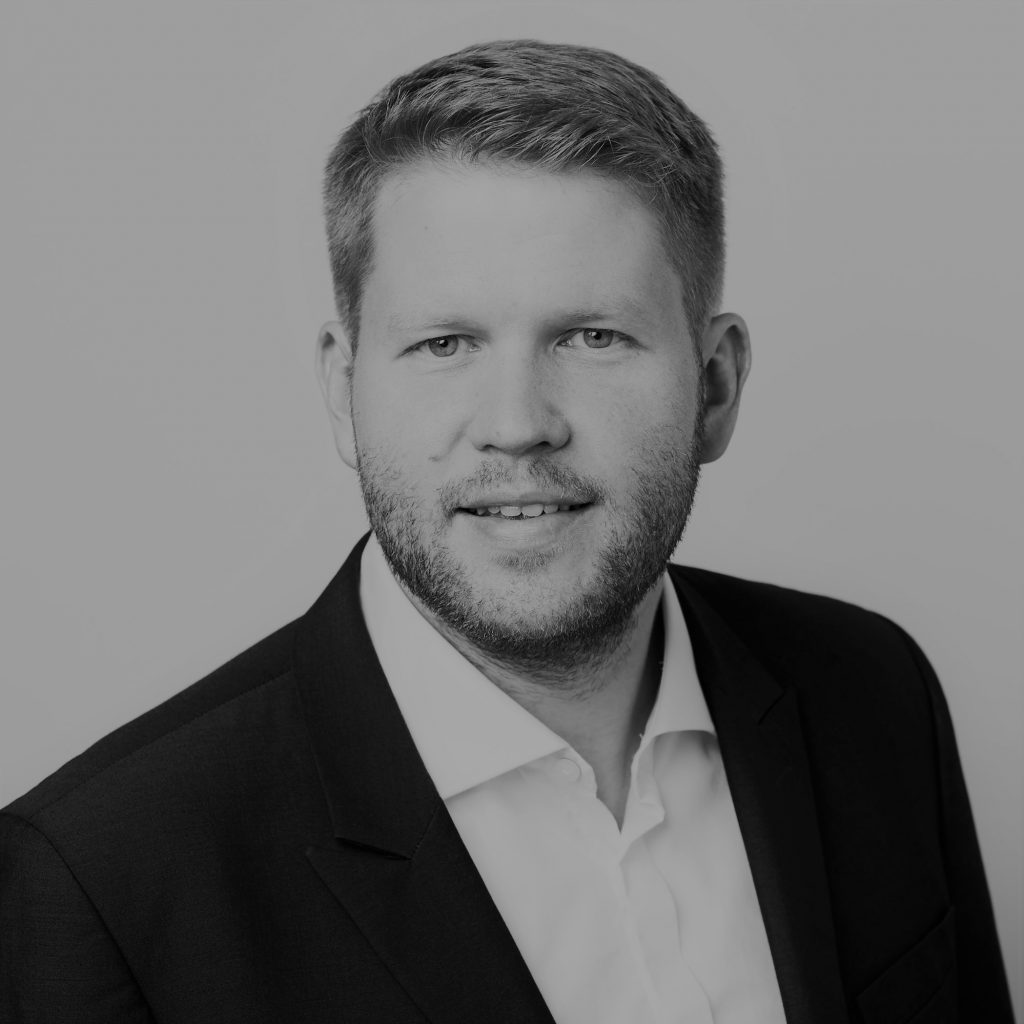
Maciej Starzyk
Manager at PwC Strategy with over 10 years of professional experience in strategic advisory services focusing on performance improvement, transformation and innovation for various industries and functions covering transport and logistics, commercial, production, digital and technology businesses. M. S.C. in enterprise economics, spotting trends that drive the future of industries.
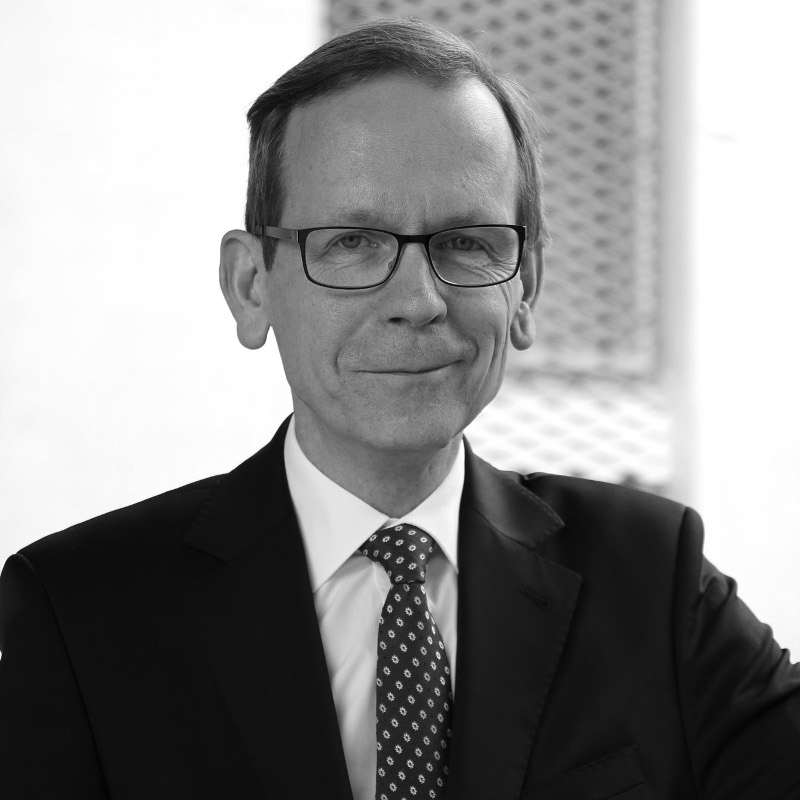
Maciej Żukowski
Born on 22 November 1959 in Poznań. In 1983 he graduated summa cum laude in Economics and Organization of Foreign Trade at the then Economic Academy in Poznań. In 1991, he completed his doctorate in economy, in 1998 he became Doctor Habilitatus and in 2007 – Professor of Economics. Since 1983 he has been employed at the Poznań University of Economics, currently as the full professor in the Department of Labour and Social Policy. Since 2008 he has been the Vice-Rector for Science and Foreign Relations at the Poznań University of Economics. Since 1 September he has been the Rector of the University. Member of the Committee of the Research on Work and Social Policy at the Polish Academy of Sciences.